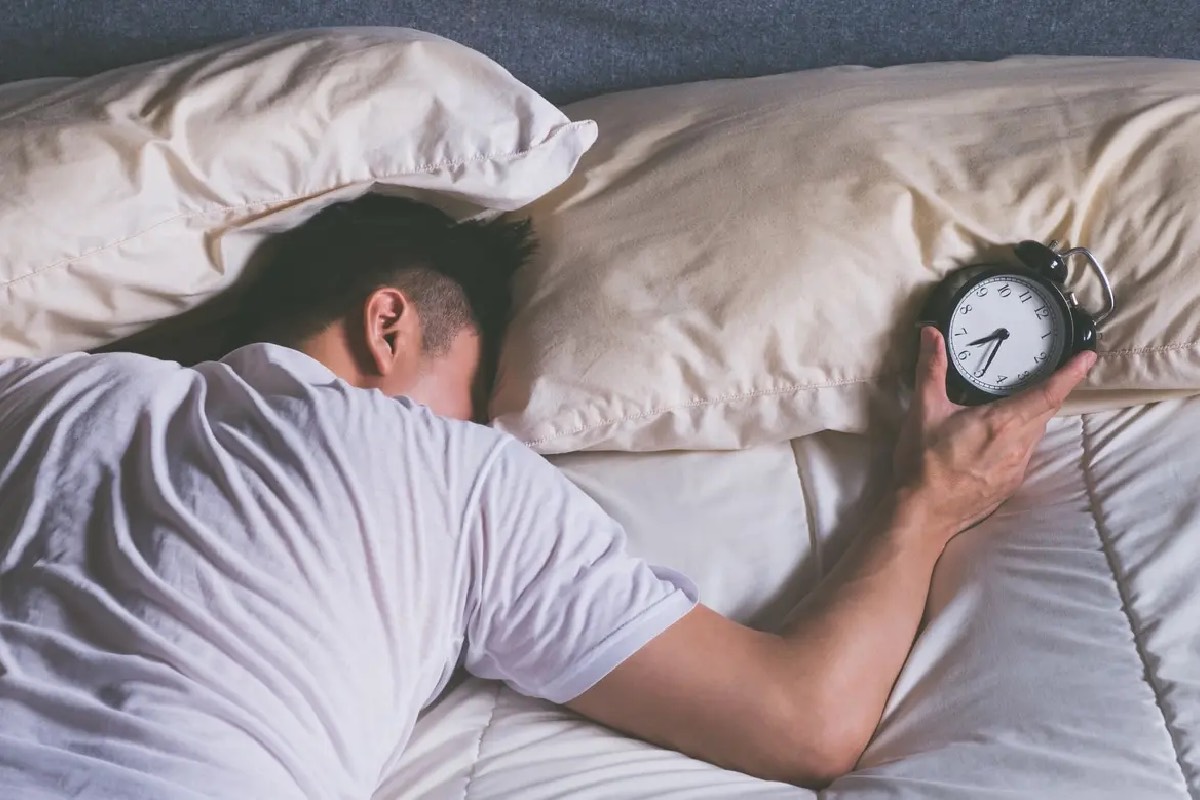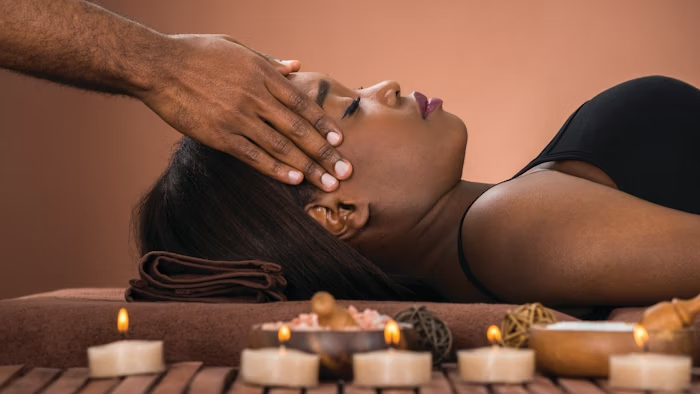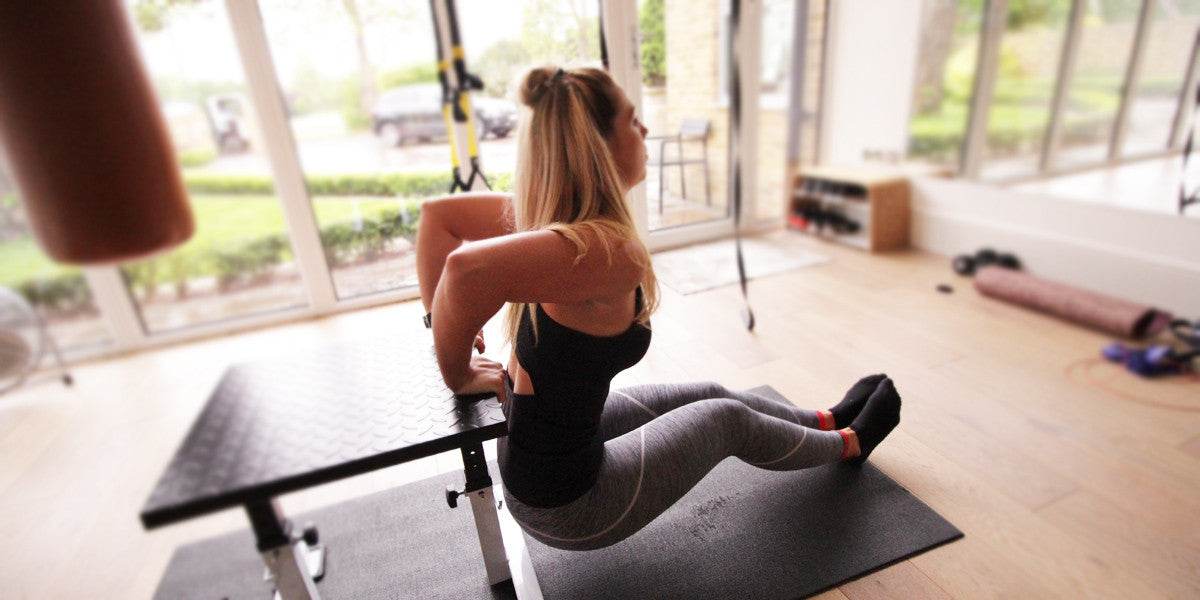
Sleep Syncing: The New Health Trend Everyone Will Follow
What Is Sleep Syncing and Why Is It Trending?
In the fast-paced world of wellness trends, “sleep syncing” has emerged as one of the most talked-about concepts of 2025. Sleep syncing refers to aligning your sleep schedule with your body’s natural circadian rhythm — essentially tuning your sleep-wake cycle to match your internal clock. This practice isn’t just about going to bed early or waking up at a fixed time; it’s about understanding how your body responds to light, hormones, and daily routines. With growing awareness about mental health, productivity, and holistic well-being, sleep syncing is quickly replacing fad diets and fitness challenges as the new foundation for better health. Influencers, athletes, and sleep experts alike are promoting this practice as the missing piece in achieving sustainable wellness, leading to improved mood, sharper focus, and deeper rest. As modern life continues to blur the boundaries between day and night, sleep syncing is becoming an essential act of self-care.
The Science Behind Sleep Syncing
Sleep syncing is grounded in the science of circadian rhythms — the 24-hour cycles that govern our biological processes, from digestion to hormone release. When you live in sync with this rhythm, your body naturally signals when it’s time to sleep, eat, and be active. However, exposure to artificial light, irregular work hours, and excessive screen time can disrupt these natural signals. This misalignment, known as “circadian disruption,” can lead to fatigue, poor concentration, and even long-term health issues like obesity and heart disease. Sleep syncing helps correct this imbalance by reestablishing consistency in your sleep and wake times. Studies have shown that individuals who follow their natural sleep patterns experience more restorative deep sleep and improved mental clarity. In short, sleep syncing brings the body and brain back into harmony, allowing energy levels and mood to stabilize throughout the day — the ultimate reset button for a hectic lifestyle.
How to Practice Sleep Syncing Effectively
Adopting sleep syncing doesn’t require a drastic lifestyle overhaul — just mindful consistency. Start by observing your natural energy patterns for a week. Note when you feel alert or drowsy without external stimuli like caffeine. Then, adjust your bedtime and wake-up time to align with these cues. Aim for the same schedule daily, including weekends, to reinforce your circadian rhythm. Next, manage your exposure to light: sunlight in the morning signals wakefulness, while dim, warm lighting in the evening encourages melatonin production. Avoid screens at least an hour before bed, as blue light suppresses the hormone that helps you sleep. Finally, create a nighttime wind-down routine — reading, meditation, or gentle stretching — to train your body to recognize sleep cues. Over time, your body will naturally fall asleep and wake up with greater ease, leading to improved sleep quality and more energized mornings.
The Benefits of Syncing Your Sleep
The benefits of sleep syncing go far beyond feeling well-rested. When your sleep aligns with your biological rhythm, you experience a cascade of positive effects across physical and mental health. Consistent, high-quality sleep supports hormone balance, boosts metabolism, and enhances cognitive performance. You’ll notice greater focus, emotional stability, and resilience against stress. Sleep syncing can also improve skin health and immune function — two often-overlooked aspects of wellness. For fitness enthusiasts, syncing sleep optimizes muscle recovery and performance by ensuring your body regenerates efficiently overnight. Emotionally, waking up refreshed fosters motivation, creativity, and a more positive outlook on life. Unlike short-term wellness fads, sleep syncing doesn’t rely on expensive gadgets or restrictive rules. It’s a natural, sustainable approach that leverages your body’s own rhythms to help you function at your peak, proving that better sleep truly means better living.
Why Sleep Syncing Is Here to Stay
Sleep syncing is more than just another wellness buzzword — it’s a lifestyle shift rooted in science and simplicity. In an age where people are constantly chasing balance, this trend offers a realistic way to improve health without adding complexity. Wearable technology and sleep-tracking apps have made it easier than ever to monitor sleep patterns, making the practice accessible and data-driven. Moreover, with the growing emphasis on mental health and work-life balance, prioritizing sleep has become a non-negotiable aspect of well-being. Sleep syncing empowers individuals to regain control of their energy and time, making every day more productive and fulfilling. As we collectively move toward smarter, more mindful living, syncing sleep to our biological rhythm isn’t just a passing trend — it’s the future of holistic health. The message is clear: it’s time to stop fighting your body’s clock and start flowing with it.



